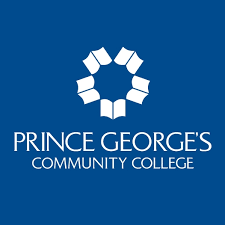In recent years, Prince George’s Community College (PGCC) has faced significant challenges in dealing with fraudulent applications and academic dishonesty. These issues threatened the integrity of the college’s admissions process and strained its resources, as employees spent countless hours identifying and addressing suspicious applications. Recognizing the need for a comprehensive solution, PGCC sought to implement AMSA‘s S.A.F.E. solution to detect and eliminate fraudulent applications efficiently.

A.M. Simpkins (AMSA) worked with PGCC to implement their SAFE Solution, an AI-driven solution designed to identify and eliminate fraudulent applications from the admissions process. By employing advanced algorithms and machine learning, SAFE detects inconsistencies, fabrications, and anomalies within applicant documents and automatically flags suspicious applications for further review.
SAFE has allowed us to switch from playing defense to playing offense in the battle against fraud and protecting data integrity
Ronald Weist, CRM Administrator, Prince George's Community College

SAFE empowered PGCC to maintain the integrity of its admissions process while protecting the interests of applicants. By streamlining the identification and elimination of fraudulent applications, PGCC has saved time and resources for admissions officers, allowing them to focus on evaluating genuine applicants more thoroughly. SAFE’s sophisticated algorithms provide an added layer of assurance regarding accuracy of student data, which has allowed PCGG to make more informed decisions about its incoming class. SAFE’s capability to detect AI-generated content has further protected the college from accepting applicants who have attempted to circumvent the system. PGCC’s partnership with AMSA and implementation of SAFE demonstrates the platform’s effectiveness in in maintaining the integrity of higher ed admissions processes while addressing the ever-evolving challenges of academic dishonesty.